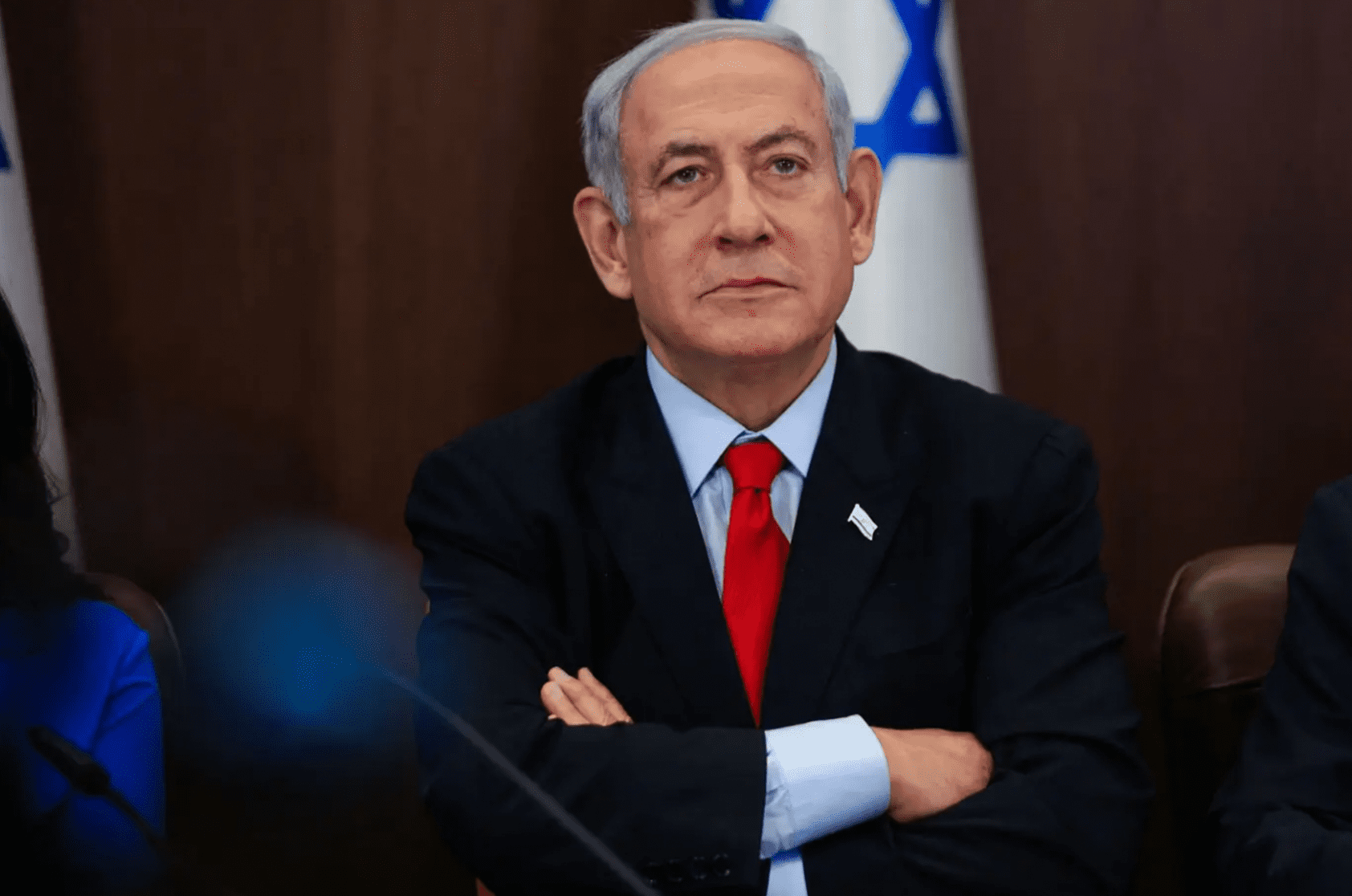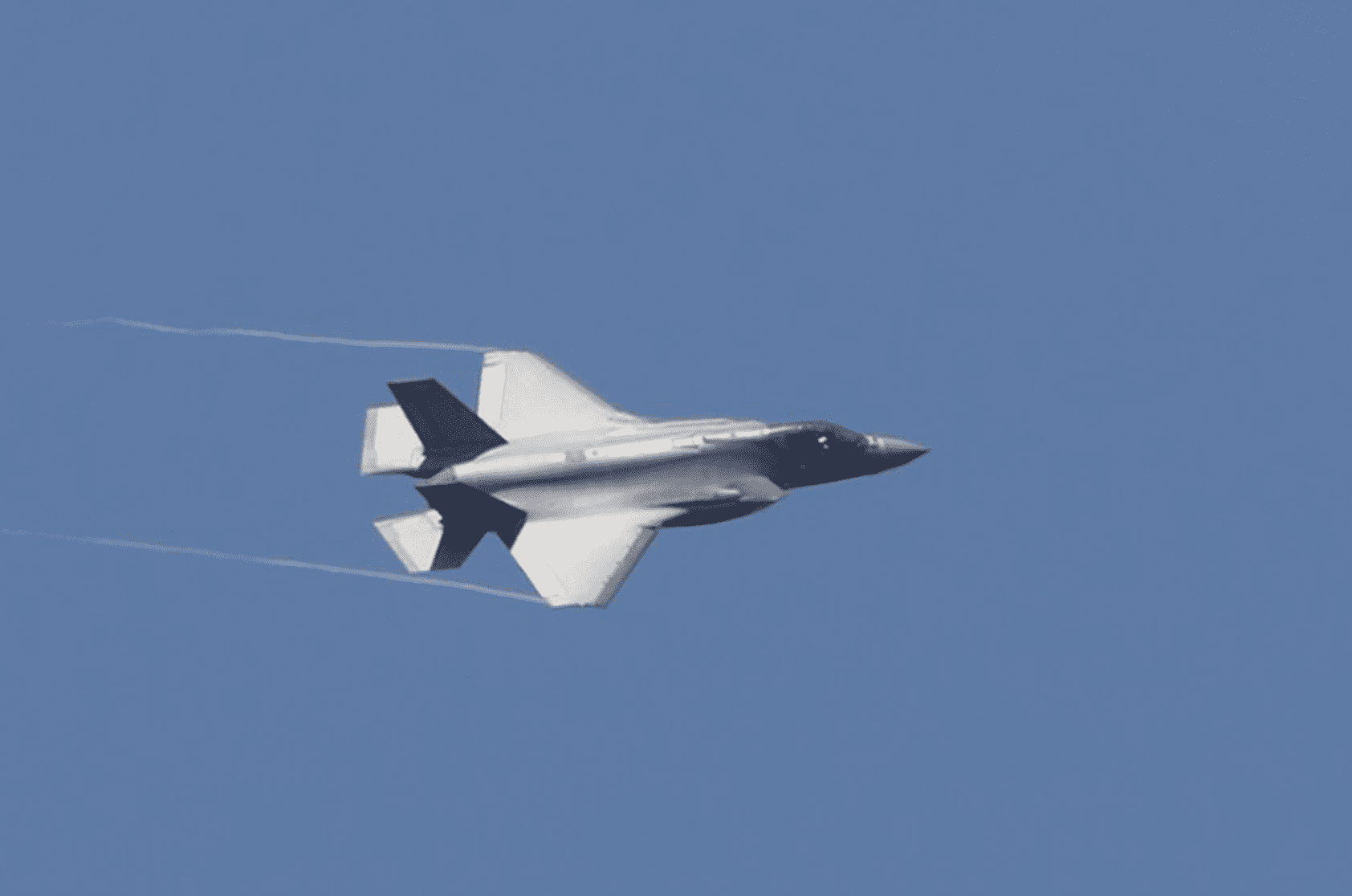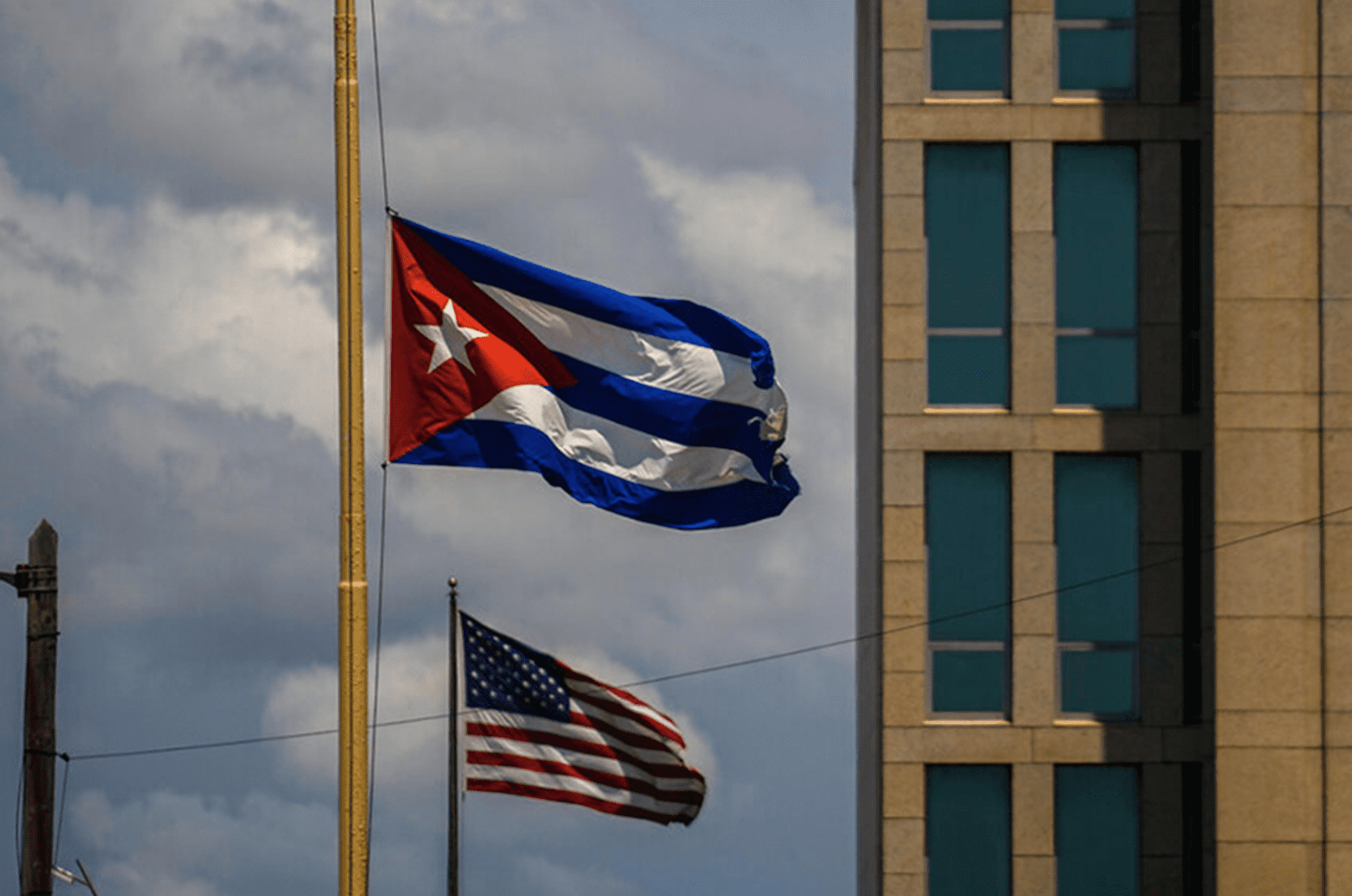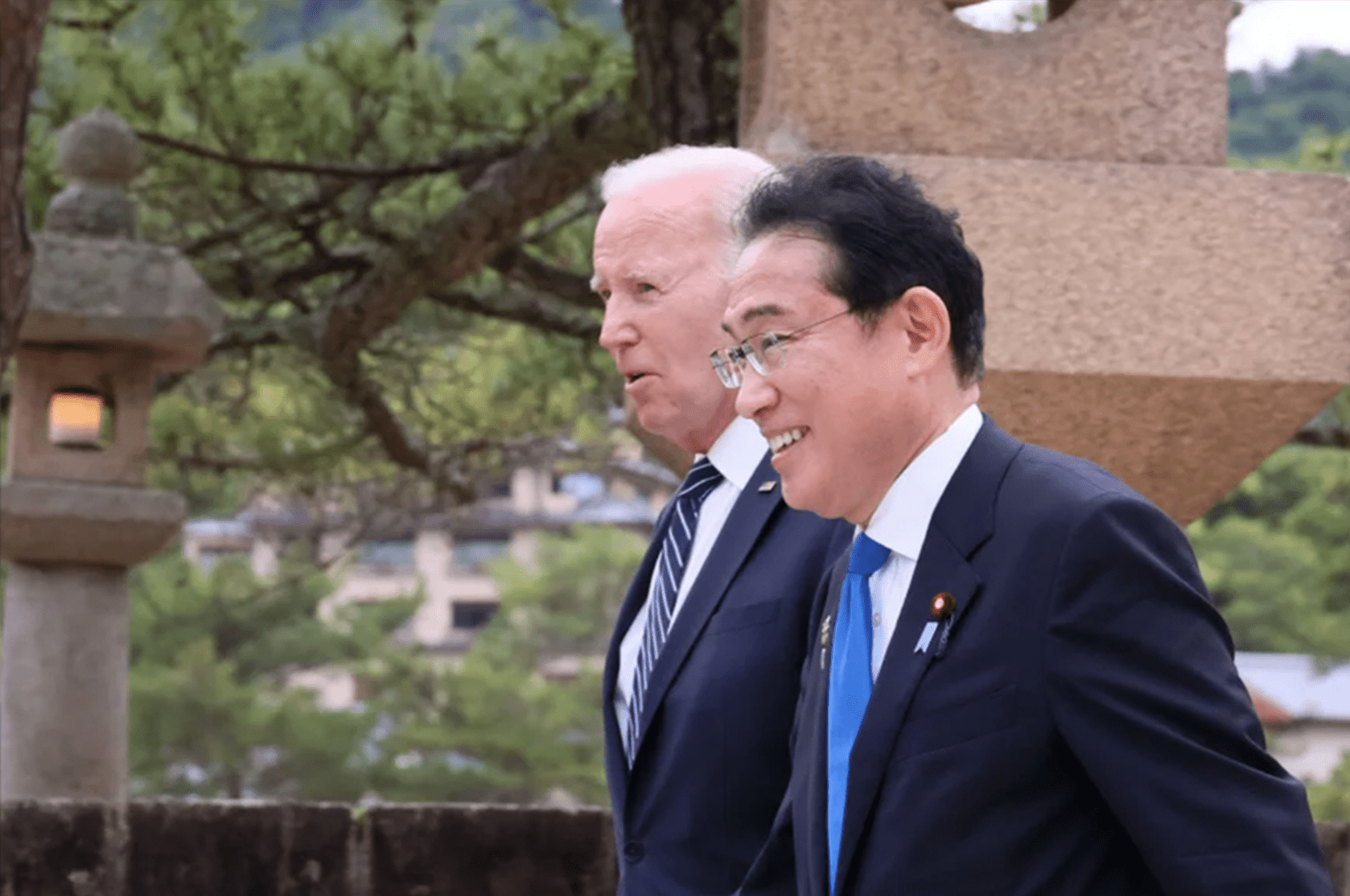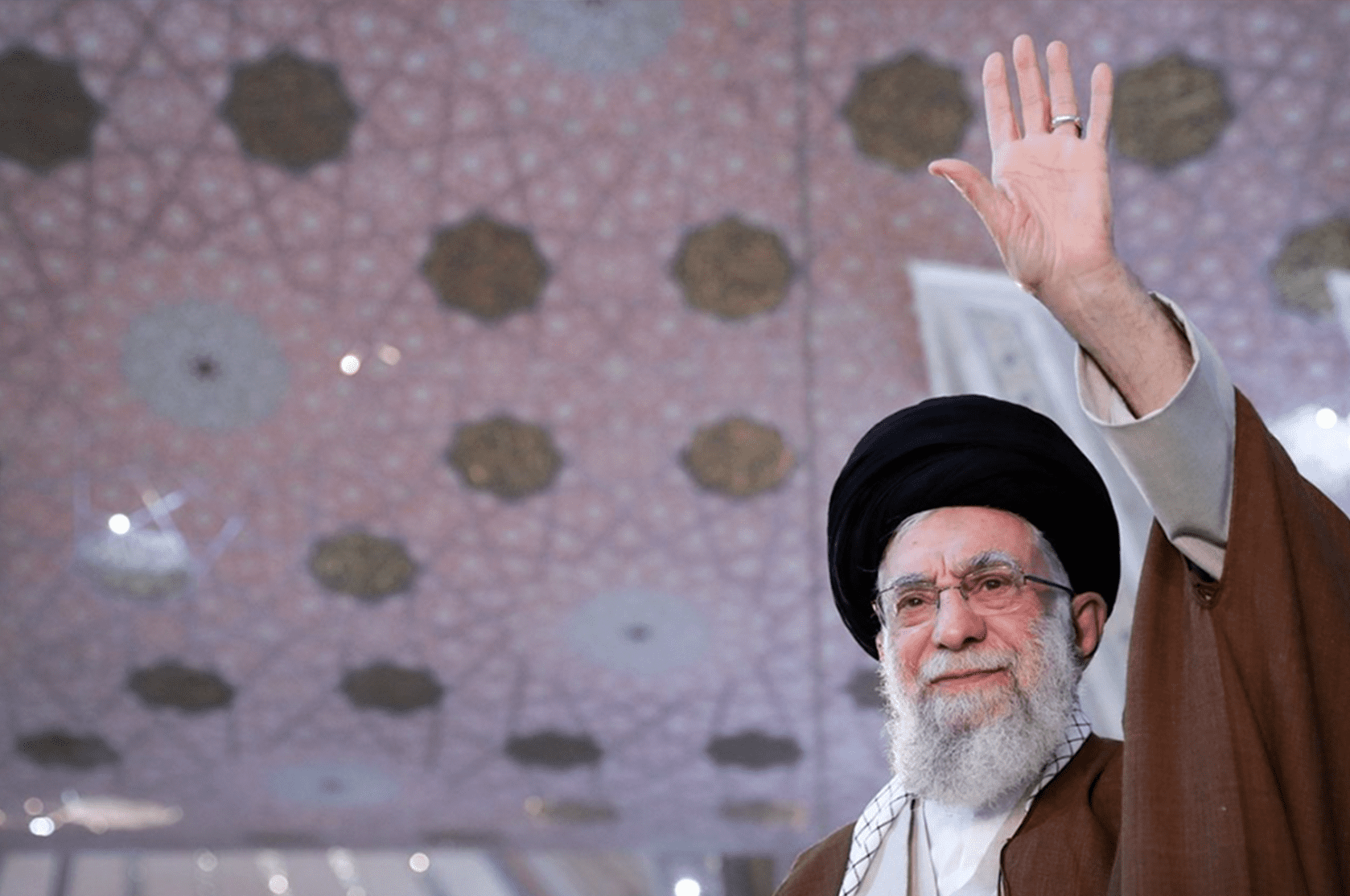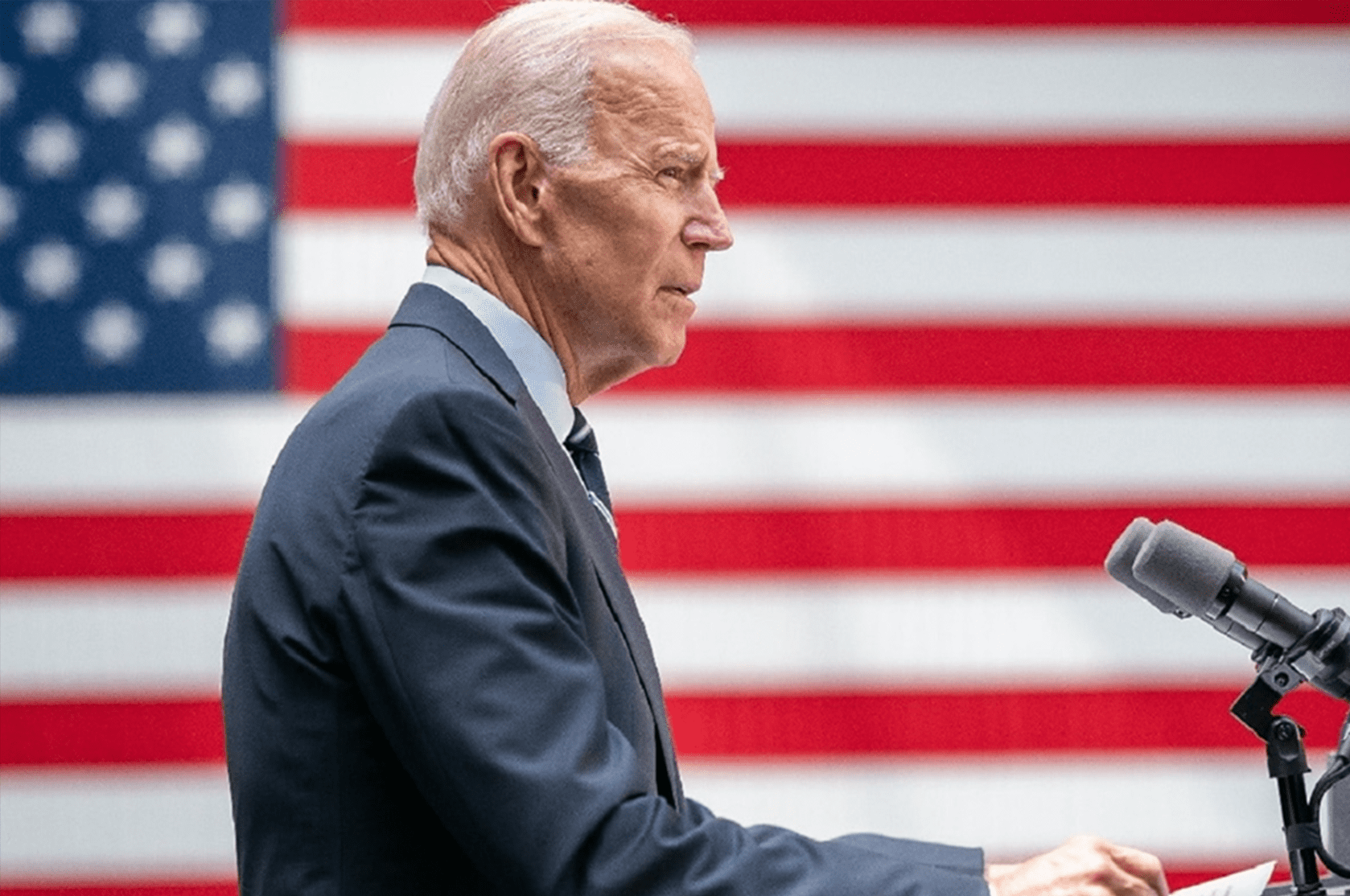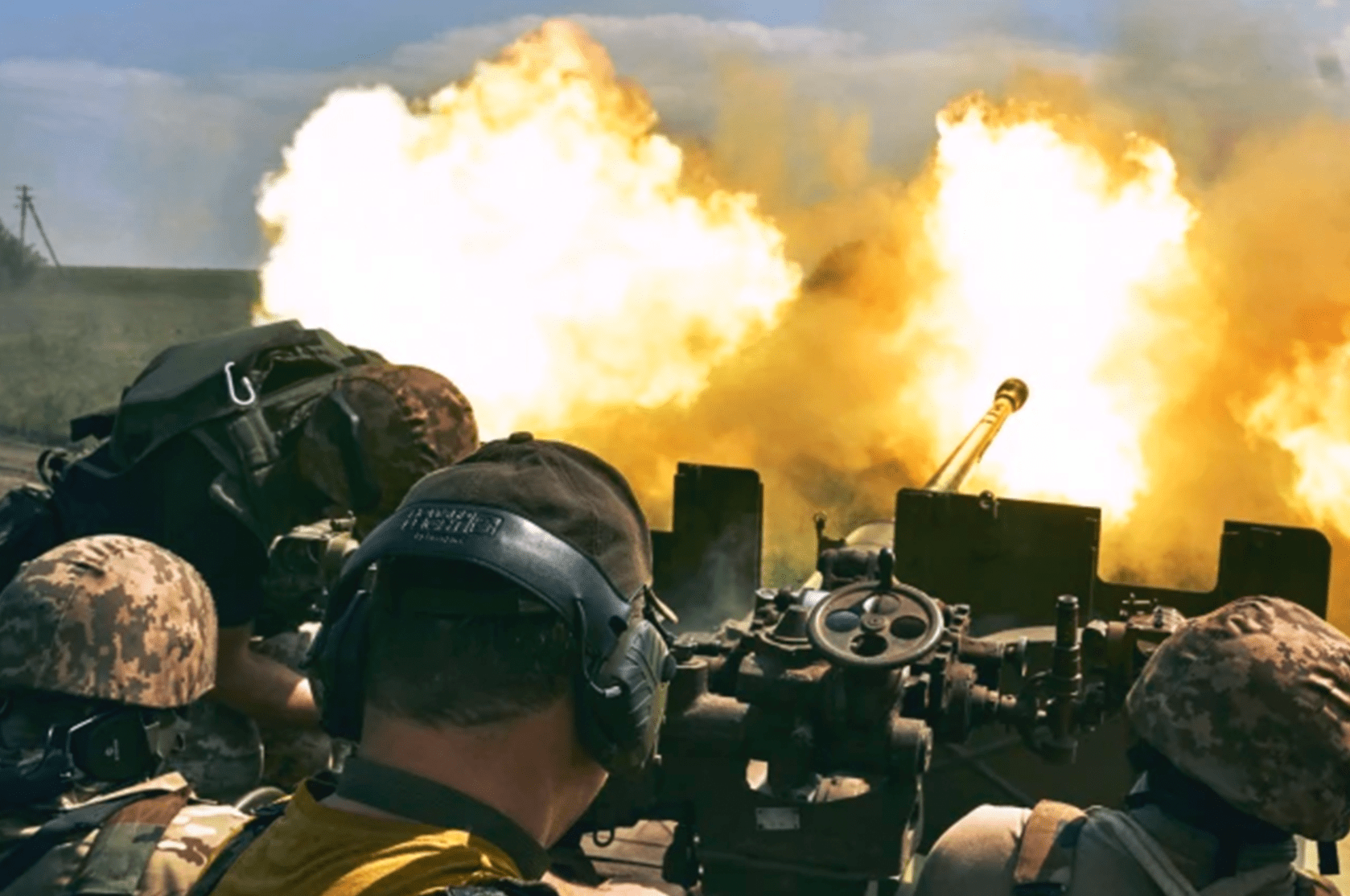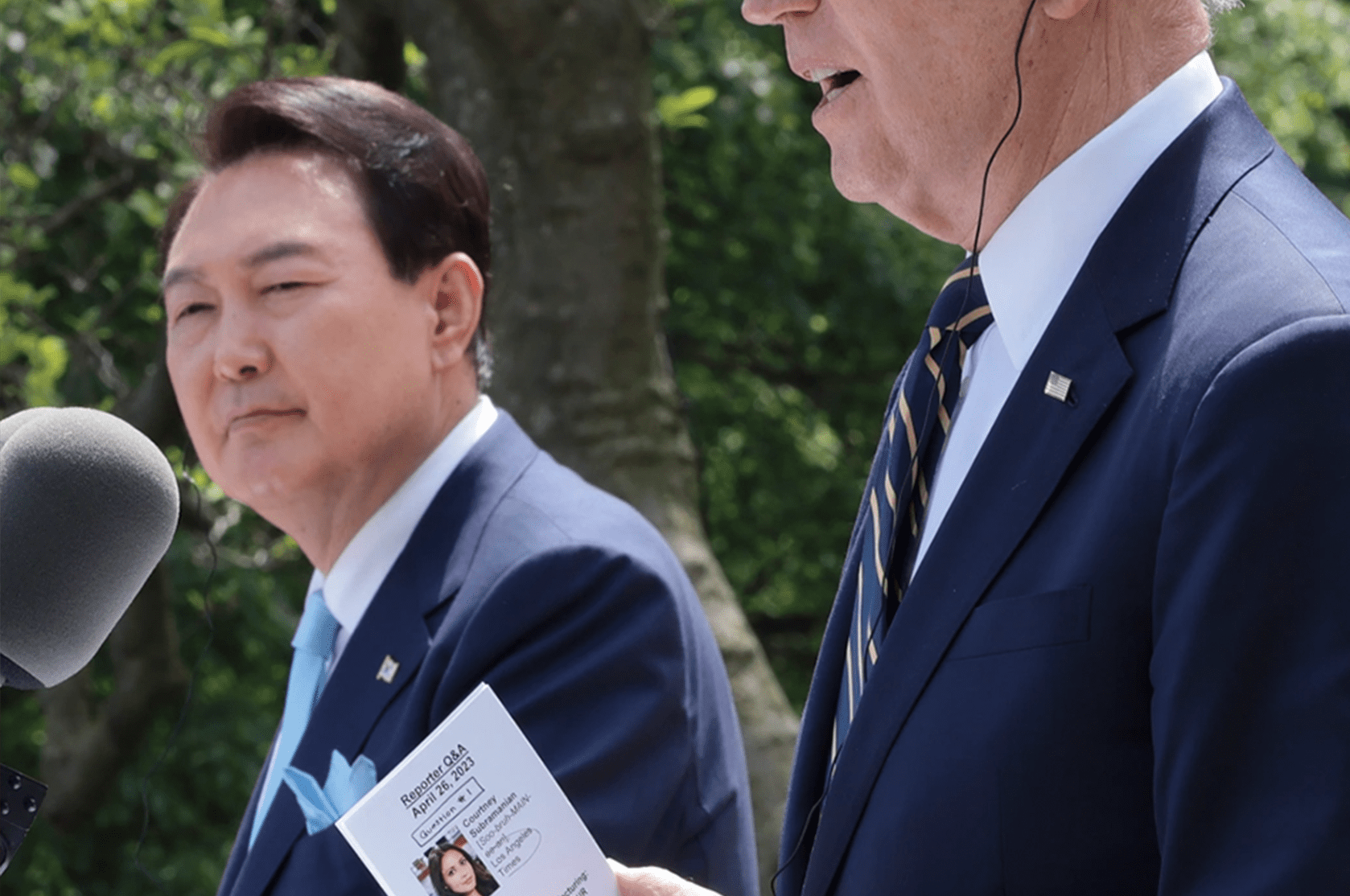By Meyrav Wurmser, Ph.D.
In the democratic West, dates have become cultural battlegrounds. The debate over whether the true founding of the United States was in 1776, as we have been taught for centuries, or 1619, as is the current revisionist vogue, betrays a deeper political message. The date sets the purpose of the United States either as the beginning of the modern free world (1776) or as a system which’s very essence was the hidden perpetuation of slavery and oppression (1619). The advocates of focusing on the latter date have one purpose in mind: the delegitimization of the United States and its system of free enterprise. A similar debate has also emerged over Israel’s creation and is symbolized best by the current controversy surrounding the “massacre of Tantura” in1948 by Israeli forces.
Background
Legally, the historical attachment of the Jewish people to the land of Israel — a preexisting, indeed more ancient claim than any other modern nation — and their resurrection in that land as a modern nation is the foundation for Israel’s legitimacy as enshrined in the 1917 Balfour Declaration, the 1920 San Remo Conference and the 1922 League of nations Mandate for Palestine. The Jewish right to the land was thus not granted by the nations in the Mandate for Palestine – which still governs all legal aspects of the disposition of the land — but recognized as never having been broken for thousands of years. The focus of this series of events, and the larger effort surrounding them, thus manifests the Zionist enterprise as an act of liberation and freedom. As such, nothing that transpired during Israel’s creation in 1948-9 during its War of Independence negates those legal aspects and changes Israel’s status from ancient nation resurrected to artificial nation built through colonialism.
And yet, there is a revisionist attempt to define Israel’s resurrection not as the return of an ancient nation, but a deliberate European colonial effort to disempower Arabs to establish a European bridgehead in the Middle East. The events of 1948 thus define a narrative of Israel’s illegitimacy. Revisionists provide an alternative recollection of events of 1948-9 – replete with such a level of mass expulsions, massacres, that they rise incontrovertibly to the level of a deliberate, ethnic cleansing campaign launched one-sidedly by European invaders (Jews). These vents, they argue, are in fact the more genuine expression of the character of the Zionist enterprise. The essence of Zionism is not liberation, but rather a genocidal and illegitimate effort focused on oppressing a native population. The original sins of Israel’s creation, thus, are not an aberration, but an inherent necessity in order to establish the primacy and victory of the colonial presence. This, 1948, not 1922, become the final word on its legitimacy and belie the modest and defensive claim of Zionism that it is just the return of a battered, massacred, and harassed indigenous people returning home to their only small corner on earth to live under their own sovereignty.
Simply put, the battle of narratives over 1922 versus 1948 was symbolic of the larger debate over whether Israel’s creation is about oppressing Palestinians or liberating Jews.
Such an alternative narrative, of course, will need a historical narrative based exclusively on the sins of Israel’s creation in 1948 as a deliberate colonial venture focused on oppression rather than a narrative based on the foundations of Jewish history and the Zionist effort at nation building which culminating in the international decisions regulating the dissolution of the Ottoman empire which had controlled the area for a half-millennium and the liberation of the Jewish people. In the new narrative, 1948 was primarily, if not exclusively, about displacing and ethnically cleansing Arabs.
It is in this context – namely the effort to establish that the evils associated with Israel’s birth are so extensive that it proves the primary aim of Israel’s creation was primarily a colonial effort to disempower and displace Arabs, and not an act of resurrecting an ancient indigenous nation (Jews) — that the story of the “massacre of Tantura” emerges.
The “massacre of Tantura”
In 2022 the movie Tantura participated in the Utah Sundance Film Festival where it received high praises from both critics and audiences. The movie told the story of the battle of Tantura (today the area of Kibbutz Nachsholim and the ascended Dor beach) during Israel’s 1948 war of independence. According to the film, after conquering the village, the IDF’s Alexandroni Brigade soldiers massacred at least 40 (some argue 250) unarmed Arab civilians residing in Tantura.[1] Moreover, since this massacre was covered up, it invites suspicion that other similar incidents had also occurred in various other locations. Indeed, these allegations darken Israel’s very creation and cover it a shroud of original sin.
The movie was produced by Adam Raz, a researcher at Akevot. According to NGO Monitor, Akevot, which is largely funded by the Swiss government, is dedicated to “breaking Israel’s founding narrative.”[2] Fulfilling his institute’s mission, Raz described the film in an article by stating that “under the parking lot of one of the most familiar and beloved Israeli resort sites on the Mediterranean, lie the remains of the victims of one of the glaring massacres of the War of Independence.”[3]
Reviews of the movie praised it for unmasking the truth behind Israel’s so-called policy of “ethnic cleansing” at the time of its creation.[4] These reviewers believed that this policy followed direct orders from Israel’s first Prime Minister, David Ben Gurion, who developed in 1948 a plan for the ethnic cleansing of the Arab population from Israel known in Hebrew as “Tochnit Dalet” (plan D). In other words, it is all part of a colonial master plan whose primary aim was oppression and displacement of the Arabs.
It is an intriguing story, and makes dramatic film, but was there, in fact, such a massacre? Apart from staying true to historical accuracy and setting the record straight, such a question also has a larger policy aim: if Israel is covering up this massacre, how many others did it cover up?
Critics of the film argue that no massacre at all took place in Tantura. A leading voice among those was historian Benny Morris who wrote about it in an article published in Ha’aretz.[5] Morris was himself identified as a leader of the school of history that tried to write more critically of Israel’s founding, a pioneer among the revisionist “new historians.” And yet, in this article Morris called the Tantura massacre a “fraudulent myth.” He argued that it was a fabrication created by Palestinian and pro-Palestinian historians in order to tarnish Israel’s image both internally and internationally. It made no sense, he wrote, that no Palestinian villager ever mentioned the massacre or reported rape. He compared the Tantura movie to nother modern movie, Mohammed Bakri’s film “Jenin, Jenin.” Bakri’s film was about the city of Jenin in northern Samaria (West Bank), in which an ostensible massacre of hundreds of Palestinians in Jenin during the Operation Defensive Shield in 2002 was executed by the Israeli army as it entered the Palestinian Authority in major anti-terror operation after the Park Hotel massacre in Netanya by Palestinian terrorists. The problem with the Jenin, Jenin story was that the massacre of Jenin, in which ostensibly over 200 hundred Palestinians were killed, was spun of whole cloth; there was no massacre. The movie about the alleged Tantura massacre was likewise no more than a sophisticated act of “historical distortion,” claimed Morris.
In a lengthy interview with the Times of Israel the film’s director, Alon Schwartz, insisted that the criticism of his film resulted not from the evidence that it was based on a historic fabrication, but rather because it unmasked the ugly truth behind the creation of the state of Israel. The Israeli people, he argued, were taught to believe in a lie: that the establishment of their country was not at the expense of the Arab population. They were told that the territory of present-day Israel was almost completely desolate. That it was a land without a people that was suitable for a people without land. According to Schwarz, “it is time to bring the difficult history relating to Israel’s creation to light; to bust the country’s founding myths, as painful as it might be.”[6]
The origins of the Tantura story
To get to the bottom of the matter, one must journey back in time to the origin of the story — to the first study or report that supposedly established dispassionately and precisely examined the existence of the hitherto unknown massacre. Although the events (not always the backstory or reasons, but certainly the actual facts) in the 1948-9 War of Independence was well documented, including the massacre of Deir Yassin, there is no reference to a massacre in Tantura, the later reported magnitude of which surpasses even the most famous “massacre” of Deir Yassin – which has never been denied by the Israelis. There were no contemporary reports – Israeli or Arab or third party – about any such a massacre in Tantura in 1948.
The story of Tantura first gained prominence in 2000, after a Masters’ degree candidate at the University of Haifa, Teddy (Theodore) Katz, whose research was awarded the high grade of 97, told a reporter about his main findings. Katz’s thesis asserted that on May 22-23, during the 1948 war of independence, the Israeli Defense Forces had killed between 200-250 unarmed inhabitants of the Arab fishing village of Tantura. According to the thesis, this killing was in cold blood and occurred after the village surrendered. The findings were astonishing. No massacre had previously been recorded in Tantura; indeed, no massacre of such magnitude had been recorded in all of Israel’s history.
The reporter published an account of the Tantura massacre in the leading Israeli newspaper Ma’ariv on January 21, 2000. Appalled veterans of the Alexandroni Brigade, the unit that had taken the village, sued Katz for libel, denying his account and asserting he had fabricated evidence. In contrast, leading figures in the Israeli peace camp made Katz’s defense their fund-raising cause du jour. The trial took place in Tel Aviv in December 2000. After two days’ cross-examination in court, Katz admitted he had fabricated the evidence of his thesis, and that the interviews upon which he claimed to base his findings never in fact happened, He agreed to sign a statement that nullified his research. In the statement, Katz admitted that “after checking and re-checking the evidence it is clear to me now, beyond any doubt, that there is no basis whatsoever for the allegation that the Alexandroni Brigade, or any other fighting unit of the Jewish forces, committed killing of people in Tantura after the village surrendered.”
Katz had to sign this statement after the trial abundantly exposing the flimsiness or nonexistence of his evidence. To cite just a few examples, Katz quoted a surviving Arab villager, Abu Fahmi ‘Ali Daqnash, as saying that: “While this was happening soldiers with Bren machine guns walked on both sides and occasionally fired, therein killing and wounding [captured] adult males.” According to Katz, Abu Fahmi also said “they gathered all the inhabitants in the square, lined them up facing the wall and murdered them in cold blood. Some 95 persons were murdered. I wrote down their names.” But, as Benny Morris pointed out in his review of the case, none of this appears in the recording.[7] Furthermore, even when Katz reportedly pressed the witness by saying in the recording, “clearly people were shot after they surrendered,” Abu Fahmi said “we did not see them killing after we raised our hands.” Katz quoted another villager, Abu Riyaj Muhammad Hatzadiyah, as saying, “I know that they shot young people after the fighting and that there was a big slaughter in the village, even after everyone surrendered and stopped fighting.” No such statement appeared in either Katz’s recordings or his notes. Katz claimed that the witnesses made these statements after the batteries of his recording device ran out.
In the wake of this case, and after Katz’ admitted he had fabricated evidence, the University of Haifa suspended Katz’s degree, inviting him to revise his thesis.
Katz’s academic adviser was Dr. Ilan Pappé, one of the leading voices in a group of extreme far-left Israeli scholars who rose to prominence in the 1990’s and become known as post-Zionist. This group produced scholarly works that were critical of Israel and meant to delegitimize Zionism. The problem they faced was the lack of raw evidence from which to make the case that Zionism was an illegitimate political cause. For them Teddy Katz’s thesis provided the missing proof.
Despite signing the statement in court, twelve hours later Katz formally retracted it and sought to continue the trial. When the judge refused, he appealed to the district’s high court, but the appeal was dismissed without a hearing. The prosecutor proceeded to urge Haifa University to strip Katz of his degree, whereupon the university set up two committees, one to check the accuracy of Katz’s research and the other to investigate whether his work had been properly supervised.
The first committee found that Katz had “gravely and severely” falsified testimony in 14 different places in his thesis. Nevertheless, Katz’s mentor and close associate, leading post-Zionist historian Ilan Pappe, continued to defend him. In an article in the Spring 2001 issue of the Journal of Palestine Studies, Pappe insisted that Katz’s conclusions were correct, even if his facts may not have been. Katz’s research was valuable regardless, Pappe wrote, since historical research need not be based on facts. In other words, the idea of “an approximate truth” of a narrative – a “truth” admittedly based not on facts but fiction – trumps the actual historical record based on facts. Katz, Pappe argued, had understood the “murkiness” of the memories of participants many years after traumatic events, but he “was not interested in fine details.” Pappe insisted that Katz simply wished to see the overall picture, “leaving behind, perhaps forever, certainties about exact chronology and names and precise numbers.” The real story, Pappe contended, was that Israeli forces had indeed massacred a large number of Arab civilians in Tantura—as was typical of the Israeli policy of “ethnic cleansing” in Palestine in 1948. Katz, according to Pappé, only wished to uncover the “pain and suffering” experienced by people in the midst of war. Pappe compared Katz’s work to the recording of the testimony of Jewish Holocaust survivors. Just as researchers used personal narratives to document the traumas of the Holocaust, so too Katz use testimony from Palestinians to reconstruct the “horrors” of the 1948 Nakba, or “disaster,” as Palestinians call it. The jist of the story was correct, even though the individual tales might not have been true. Pappe construes the uproar over the Tantura case as a byproduct of the failure of the peace process: hardening attitudes in Israel have silenced the nation’s conscience. Pappe maintains that “poor” Katz’s problem was simply his timing. Had his work been completed in the optimistic days of the Oslo process, public and academic reactions would have been entirely different.
Far from being a mere accident of timing, the Tantura affair exposed a problem of genuine gravity in Israeli historiography: Post-Zionist historians willingly accepted admitted falsehoods as historical evidence. Not only in political discussion but even in scholarship, truth has become relative. Everyone has his own “narrative.” The line between subjective and objective, between fact and fiction, has been blurred, if not obliterated all together.
Overtime, the story of Tantura, which was once a matter of academic debate, has acquired a life of its own. As it turned into an inseparable part of the Palestinian national story it’s murky – or even clearly fabricated — origins have been overlooked and turned into ironclad facts. A massacre that until recently the Palestinians were unaware of is now a core element of their national narrative. Israel has to face the “evidence” that challenges the morality of its cause. Being made into a movie could carry that basic falsification a step further into the consciousness of the world.
Conclusions: What is going on?
The battle over Israel’s legitimacy, of which this story of the great “massacre of Tantura” is a chapter, is part of the overall war in the West waged by the progressive camp to impugn the moral foundations of the west as a civilization advancing freedom.
These revisionist arguments echo the ideas of the founder of the Italian Communist Party, Antonio Gramsci, and his concept of “cultural hegemony.” Progressive thought holds that Western narratives are deliberately constructed around so encompassing a body of myths and so pervasive a structure of institutions that they become the received wisdom and obscure an underlying condition of perpetuated oppression. Gramsci argued that codes of morality are constructed by dictatorial elites in order to create norms that uphold, validate and deepen the systemic oppression inherent to the capitalist system. Even the concepts of logic, truth and facts – the foundations of Western rational debate – are dismissed as forms of such hidden systems of oppression designed to contain debate into a repressive and misleading straitjacket. As such, the idea of “approximate truth” – where narratives trump factual records of history – become valid to legitimize a cause or perspective even when the facts would suggest otherwise because facts are themselves forms of repression.
The story of Tantura – or rather the myth of Tantura – is thus part of this larger assault on Western foundations. It is neither a historical work, a documentary, or even a docu-drama that took some license. It is the intentional obfuscation of fact and fiction in an attempt to use the device of the “approximate truth” – something factually wrong but nonetheless representing some sort of truth — to actually undermine truth and rewrite the historical narrative of Israel. It is an attempt through fiction cropped as fact to paint Israel’s creation in such a dark palette that it is exposed as a historic evil born of colonial desire to suppress the Arab and Muslim people rather than as an attempt to correct the historical wrong of the exile of the Jewish people and instead to deliver them finally their liberation and sovereignty after two millennia.
[1] For the various estimates of the number of the victims see: the correspondence between Palestinian historian Walid Khalidi, John Kimchi and Erskine Barton Childers published in the Spectator between May and August 1961 and reprinted by the Journal of Palestine Studies in 1988.
[2] Jewish News Syndicate, November 25, 2022.
[3] Ha’aretz, January 22, 2022
[4] See, for example, Los Angeles Times, December 1, 2022; Variety Magazine, January 31, 2022 and Jewish Currents, November 3, 2022.)
[5] Ha’aretz on October 7, 2022.
[6] “Tantura Director: Israelis have been lied to for years about alleged 1948 massacre,”Times of Israel, January 27, 2022.
[7] Benny Morris, “The Tantura ‘Massacre’ Affair, The Jerusalem Report, February 4, 2004.
